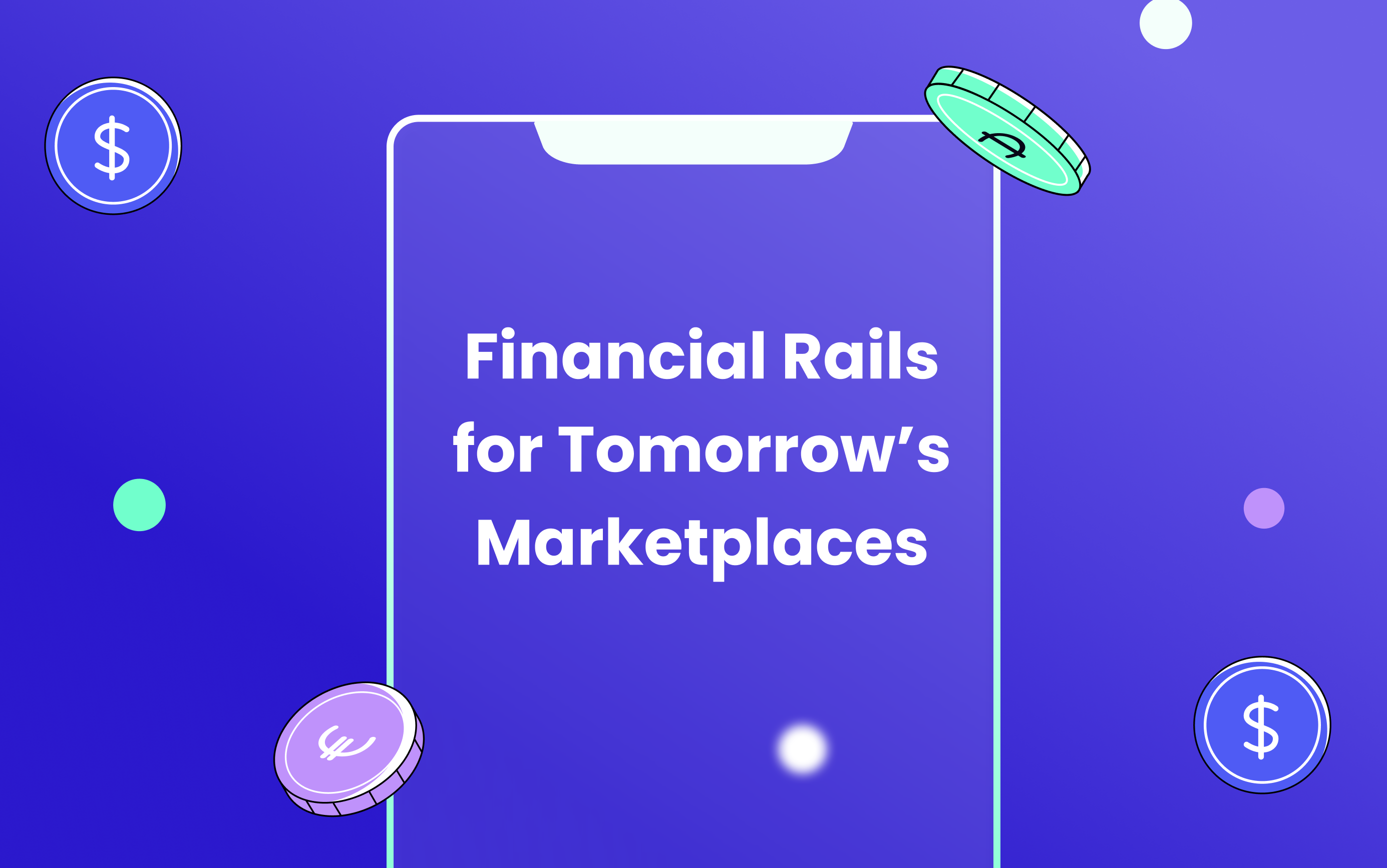
The missing piece in the Gig economy

The concept of the gig economy is not a strange thing anymore. We have spent the last decade amused and thrilled with the disruption of gig platform companies solving our problems.
Today, we have all essential services (e.g. delivering medicines, rideshare, on-demand carers) being facilitated through gig platforms and gig workers (aka Gigsters)

This short-term contractual job ('Gig') is driven by data and algorithms that establish a more efficient way for the network (demand and supply) to operate. For many of us, the gig economy has genuinely revolutionised how we access services and utilise resources (including labour).
Over the last few years, the gig economy has grown by over 17%, now estimated to be a $347 billion industry. About 40% of the global workforce is estimated to participate in the gig economy by 2025. We are increasingly finding Gen Z interested in taking gig work and accelerating their path to financial freedom by being a solopreneur.
Gigsters has evolved from just rideshare and delivery to creative NFT artists, game streamers, YouTubers, influencers, content creators, etc. This fast-evolving and rapidly growing economy has a missing piece.
Before you dive into the missing piece, could we please understand what motivates gig workers?
What motivates gig workers
Not all gig workers are the same. The type of platform they work on significantly influences their participation in the gig economy. But in general, the top three reasons gigsters choose this type of work arrangement are as follows.

Autonomy and Control
Flexibility, freedom, autonomy and control are the primary motivators for gigsters to work on these platforms. Gigsters can choose when, where, and who to work for.
This opportunity of being their boss provides them with the best environment to create their lifestyle instead of pinning them to do a 9 to 5 job. Gigsters can pursue their passion and earn money by offering something they love.
Making Money
Making money is an apparent reason. Many gig workers choose gig work to earn extra money on the side. The proportion of gig workers depending on gig work as a primary source of income varies based on the platforms they work on and control of how much they can earn.
Balancing study, family and carer needs
Another primary motivator is the ability to balance work and life. For many students, the gig economy offers the flexibility to balance study and work. Digital nomads with a transient lifestyle seek gig work as the ultimate option to explore life and earn an income.
The missing piece
At the outset, everything seems to work well within the gig economy. Gigsters can claim their freedom, earn money and follow their dreams. It sounds like the dream job, isn't it?

When surveyed, many traditional employees envied gig work. They strongly indicated their interest in working on something that offered great flexibility and autonomy.
During the pandemic, office-based workers were working from home. They realised the opportunity to work online and for anyone without the need to be at an office. In isolation, they could reflect on their passion, dreams and what they truly loved. This change in mindset kickstarted the great resignation across the globe.
When asked, what stops you from becoming a self-employed gigster?

Over 75% quoted inconsistent earnings and financial insecurity as the primary concern. Individuals were ready to explore gig work as a side hustle but were unprepared to dive in and become full-time gig workers.
When asked if you would encourage your kids to become gig workers?
83% said 'No'.

On one side, you have traditional employees eager to experience the freedom and autonomy that gig work offers but on the other end, the same group is not willing to depend on gig income as the primary source of income.
The critical question here is
'Can you depend on gig work as your primary source of income?'
If not, what is missing in the gig economy?
The answer is — Financial security.
The Industrial Revolution changed the nature and distribution of work by setting a framework for modern society to operate.
In the last 100 years, organisations have established a system on how labour should be consumed and renumerated. Today, we still function in the same system in the digital era. Traditional employees seek full-time engagement with the company for financial security, including salary, sick leave, superannuation, workers' compensation, job security, etc.
This need falls within the individual's hierarchy of needs. A state of financial security is a primary need, and we seek this security through our source of income and employment.

Though the gig economy democratised work and catalysed the future of work, it has still not sufficiently addressed the missing piece (i.e. Financial security). Without this piece, the future of gig workers is uncertain, and as many young workers choose gig work, the future financial position of the economy is at risk.
Gig workers often get short-term monetary gains but lose on long-term financial sustainability (Actuaries Institute, 2020). Most gig workers do not contribute to superannuation, have income protection and follow poor financial hygiene.
How to fix this
How do we bring financial security to gig work?
This is the billion-dollar question.
Through my journey at MyGigsters of connecting with 10,000 gig workers and understanding their challenges, it is clear that gig workers need to be provided with an environment where they are provided with the same security as traditional employees.
Imagine this world where you can do whatever you love, work for anyone, control your earnings and work from anywhere. But all of these are with the comfort that you have a minimum wage, income protection, access to credit, paid leave and secured long-term investments.
Would you like to become a gig worker?
MyGigsters is creating this world for the future workforce.
MyGigsters is a community-enabled platform for gig workers where they can access financial services, thus making them financially secure.
To solve this missing piece, all stakeholders (including government, regulators, gig services platforms and other service providers) should work together to power and facilitate the gig work of the future.


